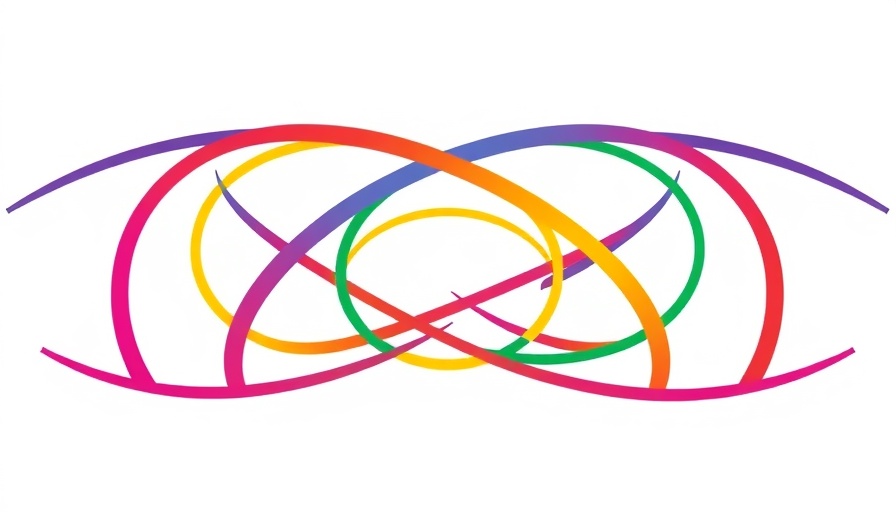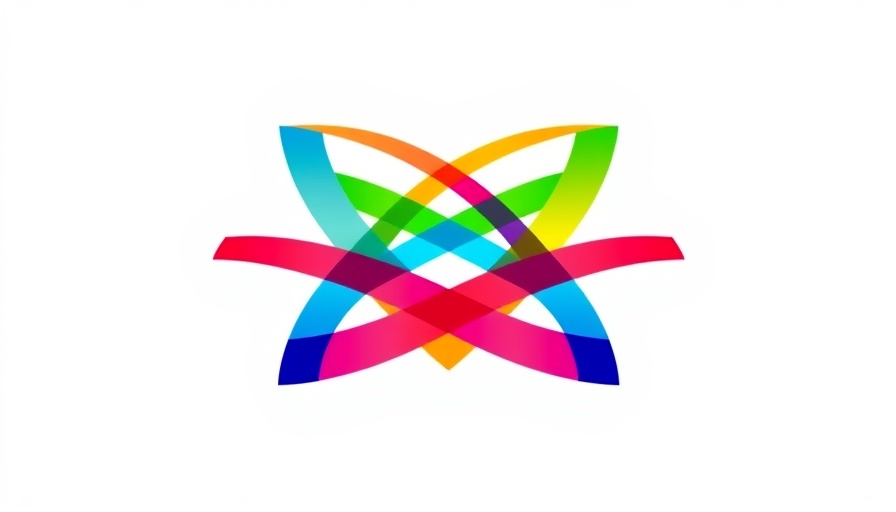
A Symbol of Fair Play in African Football
In a tournament marked by intense competition, South Africa’s Banyana Banyana has emerged as an emblem of sportsmanship at the 13th TotalEnergies CAF Women's Africa Cup of Nations (WAFCON). Despite not clinching the title, the team’s achievement of the Fair Play Award reflects not only their on-field performance but also their exemplary conduct throughout the tournament. With a total of 510 points, South Africa demonstrated a commitment to discipline, respect, and sportsmanship, echoing their legacy in African women’s football.
Highlighting Notable Moments
Throughout the competition, Banyana Banyana showcased their tactical prowess, beginning with a controlled victory against Ghana and later rebounding from a challenging draw with Tanzania. Their determination shone especially in the quarterfinal against Senegal, where the team exhibited resilience under pressure, ultimately securing their advancement through a penalty shootout. Notably, their semifinal clash against Nigeria ended in disappointment, but the South African squad’s dignified acknowledgement of their opponents' victory illustrated their core values.
The Cultural Roots of Respect
Under the steady leadership of Dr. Desiree Ellis, the team has cultivated a remarkable culture of respect and solidarity. Ellis, a former captain celebrated as a leading coach in African women's football, has instilled principles that go beyond just athletic excellence. This culture supports a broader dialogue about sports ethics within the continent, emphasizing the importance of conduct in equal measure to competition.
The Broader Implications for African Women’s Sports
South Africa's recognition at WAFCON extends beyond football; it serves a dual purpose as both a celebration and a commentary on the role of women in African sports. As nations increasingly focus on gender equity in various sectors, Banyana Banyana's achievements inspire other sporting bodies across Africa to prioritize respect, discipline, and fair play. This cultural alignment could amplify investments in women's sports, capturing the attention of stakeholders in both public and private sectors interested in the socio-economic ramifications of sportsmanship.
The Path Forward for African Women in Sports
The lessons learned from this championship may usher in a new era for women's football in Africa. Policymakers and sports entities must observe how Banyana Banyana's commitment to fair play serves not just as an athletic benchmark but also as a socio-cultural model. Continued investments in infrastructure, training, and campaigns that promote women's leadership and empowerment could yield significant returns, leading to greater visibility and viability for women's sports across the continent.
 Add Row
Add Row  Add
Add 


Write A Comment